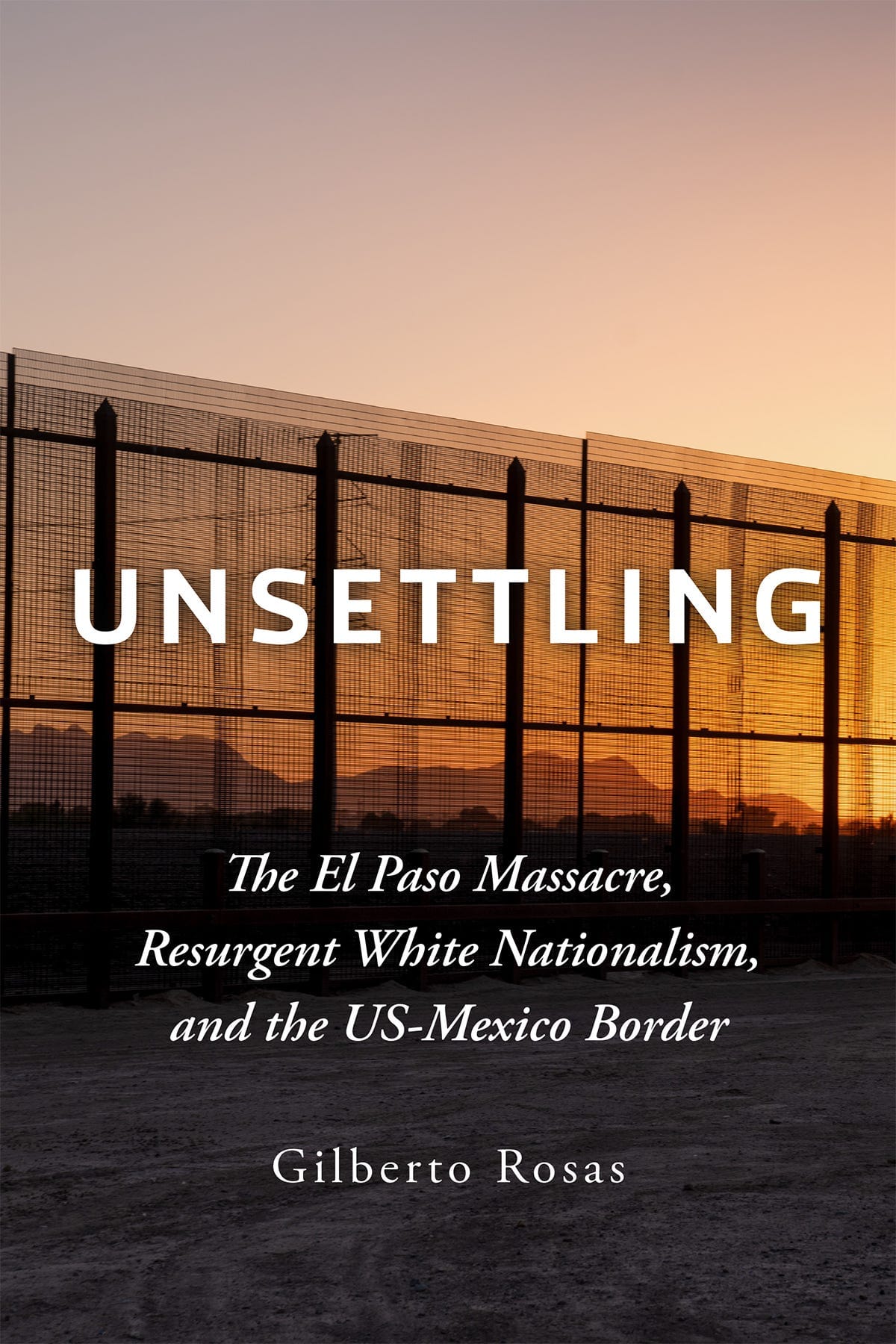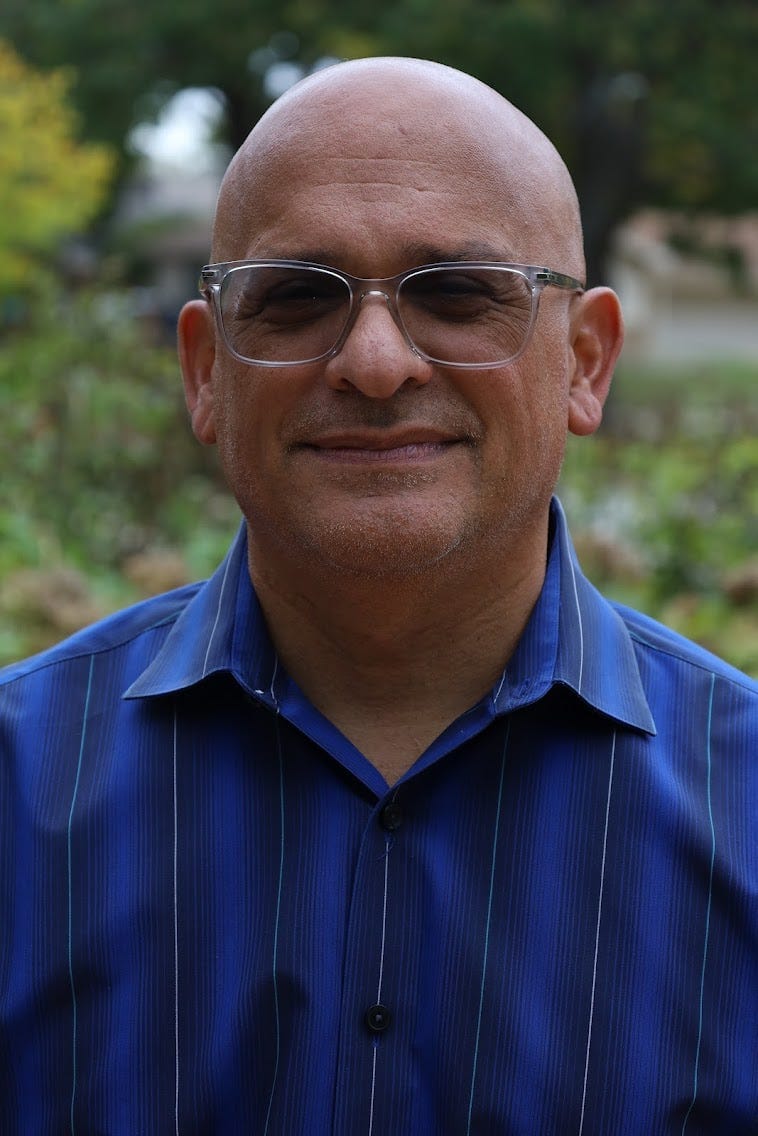The Border Chronicle Weekly Roundup: February 27
A protest against the buoy barrier in the RGV, a tense situation with military at the end of the wall in Arizona, and deported vets seek justice.
“The mass shooting of August 3, 2019, demands a reckoning. It must be situated in a recent and vicious amplification of preexisting U.S. border and immigration policy.”

On August 3, 2019, a mass shooting took place in El Paso, Texas. After hearing reports of the shooting, anthropologist Gilberto Rosas tried to call his parents, who live in El Paso, his hometown. At first, they did not answer the phone. At a Walmart about a mile away from the U.S.-Mexico divide, the shooter was on a white-supremacist rampage that would kill 23 people and wound many others. As Rosas describes in the following interview, these harrowing moments intensified until his parents finally answered.
That moment would turn into a book: Unsettling: The El Paso Massacre, Resurgent White Nationalism, and the U.S.-Mexico Border. This was the associate professor at the University of Illinois at Urbana Champaign’s second book. (His first was Barrio Libre: Criminalizing States and Delinquent Refusals of the New Frontier.)

In the interview, Rosas told me, “As someone who grew up on the border, who knows the literature on the intensified militarized policing of the border, as someone with roots in that region, I felt compelled to analyze [the massacre] as an outgrowth of the hardening of the U.S.-Mexico border.” And that he did.
Alongside his narrative-challenging analysis, Rosas also explains why he doesn’t use terms like “migrant” or “detained/detention.” He talks about his own “dignified rage” in grieving the mass shooting’s victims, and how this concept can be channeled by people and communities to challenge power.
And he offers this keen observation about Washington and the border (one that we often make here at The Border Chronicle): “If policy makers were to listen to people from the borderlands, these kinds of discursive, ideological, and material conditions would not be as severe.”

The Border Chronicle relies on its readers and listeners to continue. Support border journalism from a border perspective by becoming a paid subscriber today for just $6 a month or $60 annually. We appreciate your support!
Independent news, culture and context from the U.S.-Mexico border.